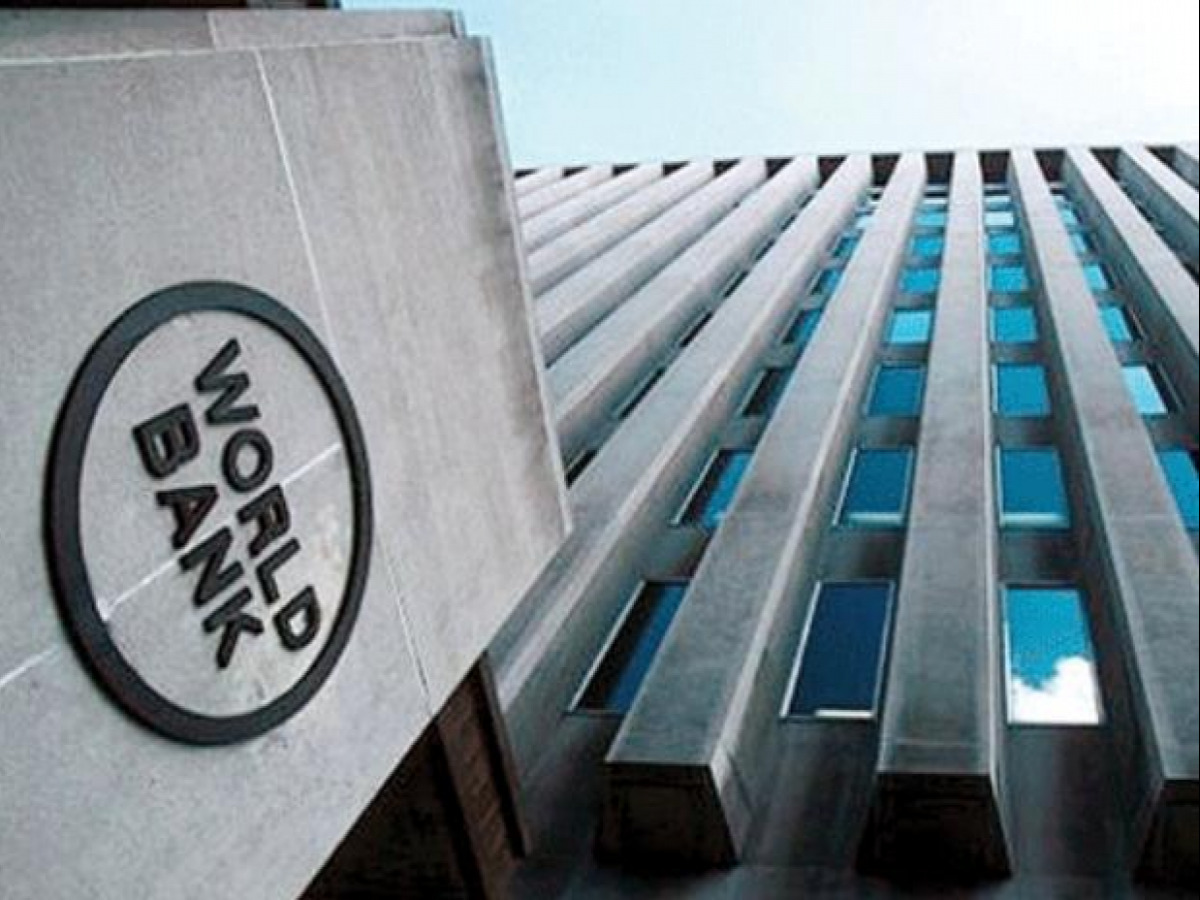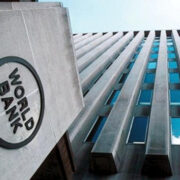
THE World Bank expects the Philippine economy to start recovering in the next two years as the country eases quarantine restrictions, allowing more industries to resume operations.
The multilateral lender on Tuesday, December 8, forecasted the Philippines an economic growth of 5.9% in 2021, and 6.0% in 2022.
“With the steady decline in daily cases despite the gradual re-opening of industries, the risk of reversing to stricter quarantine restrictions is likely reduced,” said Rong Qian, World Bank Senior Economist.
“If the positive trend persists, the infection curve is likely to flatten in the first half of 2021, which will help pave the way for a sustainable economic recovery in 2021-2022,” she added.
The World Bank noted that government spending for infrastructure projects next year would help ensure a stable economic footing as the programs would create and provide job opportunities.
“Regaining momentum on the public infrastructure program will support economic recovery and increase growth potential which might have been negatively affected by the pandemic,” Qian said.
Additional 2.7 million poor Filipinos
The World Bank forecasted that the economy would contract even deeper at 8.1% in 2020, a revision from its -6.9% forecast last October.
This is due to several “shocks” like the COVID-19 pandemic as well as Typhoons Quinta, Rolly, and Ulysses which battered parts of the Philippines between October and November.
“The series of natural disasters that hit the country while we are battling the pandemic highlights the importance of mainstreaming disaster risk reduction and climate change adaptation into policy and planning,” said Ndiame Diop, World Bank Country Director for Brunei, Malaysia, Thailand and the Philippines.
“While the Philippines is financially resilient, stronger coordination, execution and implementation will help further improve social and physical resilience to frequent shocks,” Diop added.
The contraction is expected to increase poverty in the country, according to the World Bank.
“The expected growth contraction in 2020 is likely to increase poverty in the short term, resulting in an additional 2.7 million poor people in 2020,” Qian said, basing the poverty line on a $3.2 or roughly ₱150 daily per capita income for middle-income countries.
“The poor and vulnerable, are especially likely to experience significant welfare losses, given their limited capacity to manage risks,” she further said.
The multilateral lender also pointed out that private consumption, which accounts for two-thirds of the country’s economy, also declined at a record pace due to high unemployment and falling incomes.
“While addressing the pandemic, the country needs to sustain focus on the structural reform agenda,” Qian stressed.
“Speeding up reforms that improve the business environment, foster competition, and strengthen resilience against natural disasters will support the economic recovery and boost productivity growth in the long term,” she added.
‘Do better’
Malacañang, for its part, vowed to do better in 2021 following the World Bank’s latest projection.
“Siyempre po nalulungkot tayo diyan dahil ibig sabihin mas marami maghihirap sa pagbagal ng ating pag-unlad. Pero iyan naman po ay naging resulta ng pandemya at ng mga sigalot na sunod-sunod na dumaan sa ating bansa (Of course, we are sad because it means more people will suffer due to our slow growth. But it is the result of the pandemic and the series of disruptions that hit the country),” Presidential Spokesperson Harry Roque said Tuesday.
“Kaya po natin ito, babangon tayo (We can do it, we will recover) we will do better in 2021,” he added.
The spokesman reminded the public to follow the minimum health protocols placed to prevent the further spread of COVID-19.
“And pagdating po sa pandemya, kaya po natin ito, sundin lang natin ang sinasabi ng Presidente: Mask, Hugas, Iwas. Pag-ingatan ang buhay para sa hanapbuhay (And when it comes to pandemic, we will overcome this, just follow what the President said: wear face mask, wash hands, physical distancing. Protect life for work),” said Roque.





